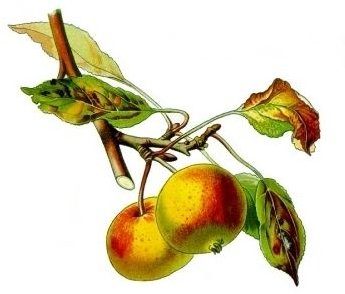What is Pectin | Health Benefits of Pectin
What is Pectin?

Humans are thought to have evolved as hunter-gatherers (omnivores), meaning we are able to survive on both animals (hunter) and plants (gatherer).[1]
It is suggested that the calories in a human’s daily diet from animal foods should only be 1.5% (this is what researchers believe the human body was designed to consume). Most American daily diets have well over 50%.[2]
Many health organizations recommend the human diet should focus mostly on plant foods to help prevent many diseases, including heart disease, stroke, and cancer.
Plant foods are rich in vitamins, minerals, and antioxidants. They are low in unhealthy fats and are high in dietary fiber.
So what is pectin? Pectin is a soluble fiber. It is found in the cell walls of terrestrial plants. When consumed, pectin offers no nutrients. It is a heteropolysaccharide that passes through the intestinal tract without being absorbed into the bloodstream. Although pectin offers no nutrients, it does have many health benefits.
Health Benefits of Pectin
You may have seen pectin as an ingredient in jams and jellies (or other foods) needing a gelling agent. Pectin also has a gelling effect in the body when it passes through the gastrointestinal tract. It attracts water and turns to gel.
Including pectin in your diet can offer the following health benefits:
• Pectin helps keep the digestive tract tone and healthy by stimulating the muscles.
• Because pectin attracts water into the intestinal tract, stools stay soft. This helps prevent constipation and hemorrhoids.
• Pectin creates a feeling of fullness which can help in weight loss.
• Pectin attracts fatty compounds and carries them out of the intestines. This can help in the prevention of heart disease and stroke.
• Pectin slows the absorption of glucose (sugar). This helps control blood sugar levels.
• Pectin causes the passage of food material to speed up. This decreases the “transit time”, thus allowing less time for carcinogens in the food to be absorbed into the bloodstream.
Supplements are available but to get the best health benefits of pectin, foods are preferred. Foods high in pectin include apples, oranges, apricots, plums, grapefruit, bananas, gooseberries, carrots, cabbage, beets, and legumes.
References
- [1] New Engl J Med 312 (1985): 283-9
- [2] Washington, D.C.: National Academy Press, 1989
Disclaimer
Please read this disclaimer regarding the information contained within this article.